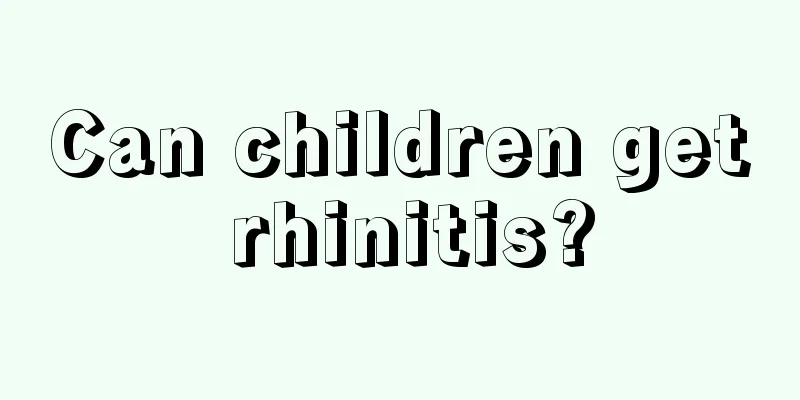At what age can a baby laugh?

|
Many parents are particularly concerned about their children's health from the moment they are born. If the child has any abnormal reaction, the mothers will be able to observe it immediately and give the child a check-up and treatment in time. When they see other children laughing, but their own children can't laugh, the mothers will become particularly suspicious, thinking that their children have some disease. How can a baby of such a big age laugh? The smile of a newborn baby is not a real smile, it is a reaction to external stimuli, haha. Want to see your baby smile? Just blow on the baby's face and you will see it. Of course, you have to make sure the baby is awake :) However, about two months after the baby is born, when his parents or adults he is familiar with appear in front of him, he will stare at the person's face, move his hands and feet, and even smile at the adult. This reaction is the baby's first form of interpersonal communication and the starting point for the baby's emotional interaction with adults. Irregular and uncoordinated movements in the neonatal period, clenched fists, and the head can be slightly raised (45°) when lying prone At 2 months old, the baby will smile and make babbling sounds. At 3 months old, the baby can lift his head, move his eyes to follow objects, and turn his head when hearing sounds. When he is 4 to 5 months old, he will laugh loudly when others tease him, reach out to grab things, and can recognize relatives or strangers. At 6 to 7 months, they can sit, roll over in the bed, and pass toys with both hands. At 8 months old, he can crawl, pay attention to adults' behavior, clap his hands, and occasionally call "Mom" and "Dad" unconsciously. At 9 months old, he could stand with support, reach out for hugs when he saw his relatives, and raise his hands to say "goodbye". At 10 to 11 months, the baby can stand independently for a while, walk with the help of a chair or stroller, pick up things with the thumb and index finger, imitate the actions of adults, and hold the bottle to feed himself. At the age of 1, he can walk a few steps alone, start to speak with words, and can point to his hands, head, eyes, etc. When they are 1 to 1 and a half years old, they can walk more steadily, squat and play, climb stairs using their hands and feet, throw toys with their hands, and say their own names. At the age of 2, he can jump on both feet, run, climb stairs, speak simple sentences, and express his emotions. The development of language and movement is certainly affected by the development of nerves and muscles, but it is also related to external conditions such as parents' cultural level, education and training. In fact, whether the baby can laugh or not depends on the age of the child and the family's influence. If the family education is good, the child will laugh earlier. But if no one in the family likes to laugh and usually doesn't make the child happy, then the child will not laugh. The child should know how to laugh when he can see people at three months. |
<<: What causes respiratory depression in newborns?
>>: Ways to encourage your baby to speak
Recommend
Do you know the symptoms of children's stomach fire?
In a family, children are often the happy pills. ...
Is blood type inherited from the father or mother?
In fact, blood type is a representative symbol an...
Solutions to excessive calcium supplementation in young children
Many of our young children may be prone to malnut...
Can children eat bananas when they have a cough?
Since children have relatively low immunity, they...
What should I do if my baby still can't stand steadily at one year old?
Babies are prone to having problems of one kind o...
Can babies get rhinitis?
Nowadays, the number of people suffering from rhi...
What are the sequelae of a 5-year-old child having a fever and convulsions?
We all know that children will have resistance as...
Reasons for diarrhea in babies over three months old
Generally speaking, for babies who are exclusivel...
10 tips to prevent bedwetting in children
Studies have found that many children still wet t...
What are some soups that are good for children's appetite?
When children are young, their spleen and stomach...
Baby's ear is scratched and water is flowing
For first-time mothers and fathers, the most impo...
Exercises for weight loss in kids
Nowadays, not only some young people may suffer f...
Is it normal for a newborn to have a lot of stool?
Newborns grow and develop quickly, but their meta...
What to do if your eight-month-old baby crosses his eyes
We often see many newborn babies with crossed eye...
What to do if a baby girl has vulvar adhesions
Many people think that vulvar adhesion is a gynec...









